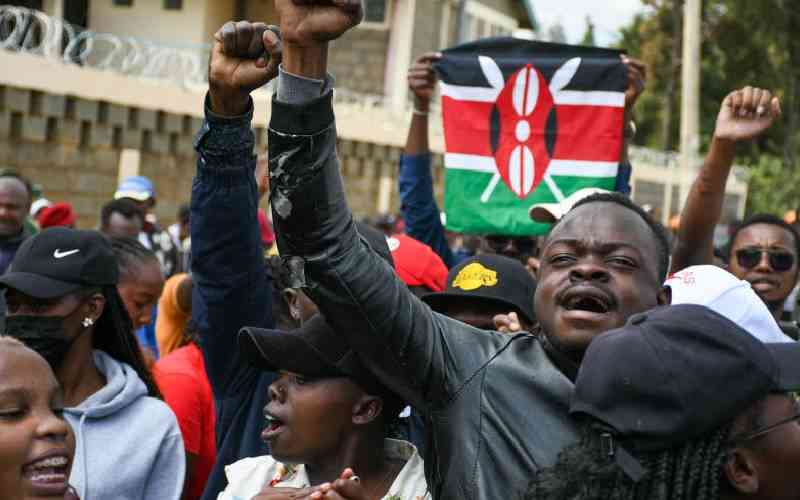
As the protests against the Finance Bill 2024 and the uncontrolled spending of the government continue this week, a lot has already been learnt about the movement.
Just this past week, through X and TikTok, the young people at the forefront of the movement have been able to pool together in order to organise nationwide protests, protect one another from harm, provide free healthcare upon violent encounters with the police, provide legal services for protestors unlawfully held in custody, and fund-raise for the families of Rex Kanyike and Evans Kiratu, who were killed by police during the protests.